Search
Did you mean: Raphael?
Search Results

Definition
Saint Cyril
Saint Cyril (aka Kyrillos and Constantine the Philosopher, d. 867 CE) was a Byzantine linguist, teacher, scholar and missionary who famously preached Christianity to the Slavs in Moravia with his brother Methodius during the 9th century CE...
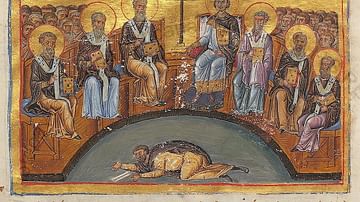
Definition
Constantine VI
Constantine VI, also known as Constantine "the Blinded”, was emperor of the Byzantine Empire from 780 to 797 CE, although for most of his reign his mother, Irene the Athenian, ruled as regent. When Constantine did finally get a go at ruling...
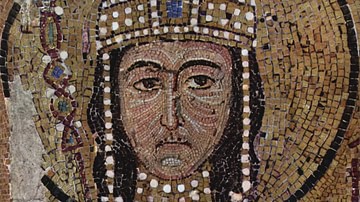
Definition
Anna Komnene
Anna Komnene (aka Anna Comnena, 1083-1153 CE) was the eldest daughter of Byzantine emperor Alexios I Komnenos (r. 1081-1118 CE) and the author of a lengthy biography of her father's reign, the Alexiad. Although not an impartial history, Anna's...
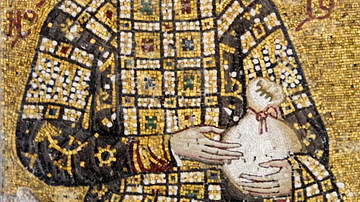
Definition
Byzantine Emperor
The Byzantine Emperor ruled as an absolute monarch in an institution which lasted from the 4th to 15th century CE. Aided by ministers, high-ranking nobility, and key church figures, the emperor (and sometimes empress) was commander-in-chief...
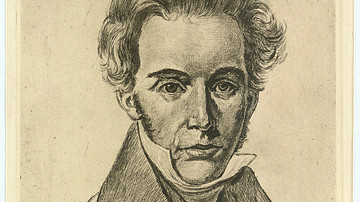
Definition
Søren Kierkegaard
Søren Kierkegaard (1813-1855) was a Danish philosopher and is considered to be the first existentialist, influencing such notable philosophers as Jean-Paul Sartre (1905-1980) and Martin Heidegger (1889-1976). His works are a reflection of...

Definition
Theodosian Walls
The Theodosian Walls are the fortifications of Constantinople, capital of the Byzantine Empire, which were first built during the reign of Theodosius II (408-450 CE). Sometimes known as the Theodosian Long Walls, they built upon and extended...
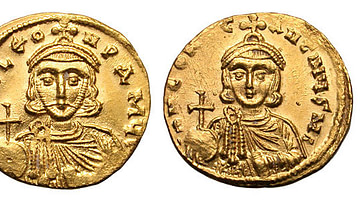
Definition
Constantine V
Constantine V, also known as Constantine the Dung-named by his enemies, was emperor of the Byzantine empire from 741 to 775 CE. He enjoyed military successes in the Middle East and Balkans but his reign is chiefly remembered for his systematic...

Definition
Franz Schubert
Franz Schubert (1797-1828) was an Austrian composer of Romantic music best known for his songs, symphonies, piano music, and chamber music. Schubert's career lasted only 15 years, but he was a prolific composer. Neither a conductor or virtuoso...
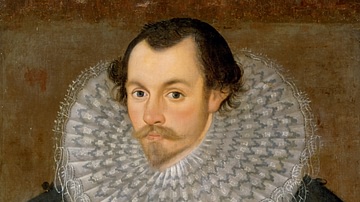
Definition
Martin Frobisher
Sir Martin Frobisher (c. 1535-1594 CE) was an Elizabethan adventurer and explorer who embarked on three expeditions in the 1570s CE to chart the waters of the North American Arctic and find the Northwest Passage to Asia. Unsuccessful in these...
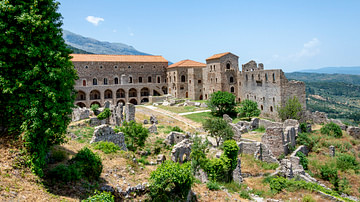
Definition
Despotate of the Morea
The Despotate of the Morea was a semi-autonomous appanage of the later Byzantine Empire. The Byzantines retook part of the Peloponnese in Southern Greece in 1262 CE, but the Morea was only officially governed by semi-autonomous despots of...